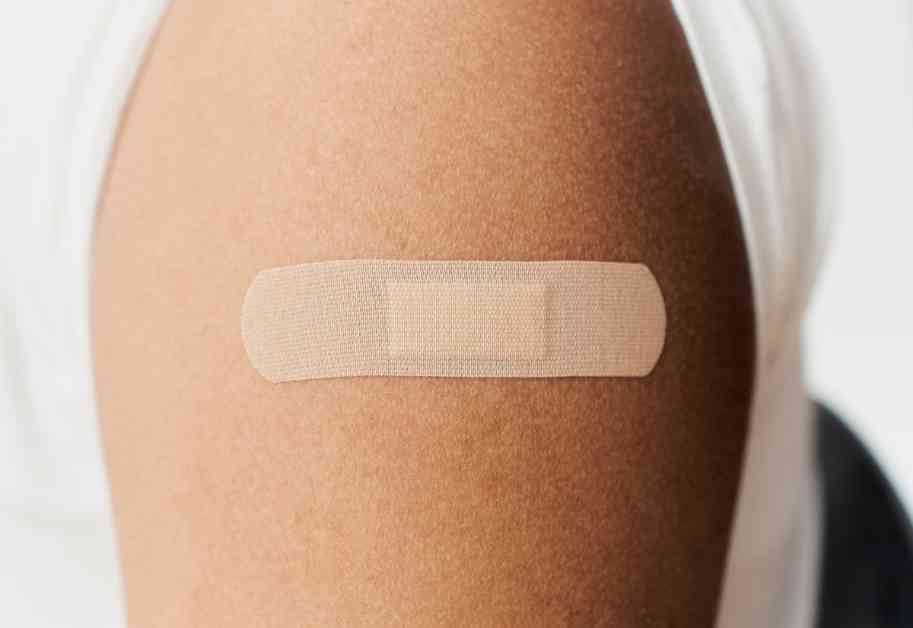Larry Saltzman, a retired doctor from Sacramento, California, is facing blood cancer, which puts him at high risk of severe complications and death if he contracts covid-19. To protect himself, he avoids large gatherings and relies on healthy individuals who receive boosters to reduce his exposure to the virus. However, recent restrictions imposed by vaccine opponents and skeptics in federal health agencies, led by Health and Human Services Secretary Robert F. Kennedy Jr., are limiting access to covid shots that were developed during President Donald Trump’s first term, costing taxpayers around $13 billion.
The new guidelines rolled out on May 20 by the Trump administration introduce tougher approval requirements for covid shots, potentially leaving millions of Americans unable to receive boosters. The FDA is now pushing for new clinical trials on existing vaccines before approving them for children and healthy adults, a move that could cost drugmakers millions of dollars and restrict access to boosters for the general population this fall. Despite the safety and efficacy demonstrated in previous clinical trials, the FDA’s new approach is causing concern among high-risk individuals like Saltzman, who rely on widespread vaccination to protect themselves.
The decision to limit access to boosters has raised alarm among patient advocacy groups, doctors, and researchers who fear that higher-risk individuals will be more susceptible to covid if healthy individuals do not receive the necessary boosters. The FDA’s restrictions also fail to account for exceptions for healthy individuals working in high-risk environments, such as hospitals. This shift in policy, driven by concerns over the lack of high-quality evidence supporting the need for boosters in low-risk individuals, is seen as a significant departure from previous recommendations by medical groups advocating for broader vaccination efforts.




